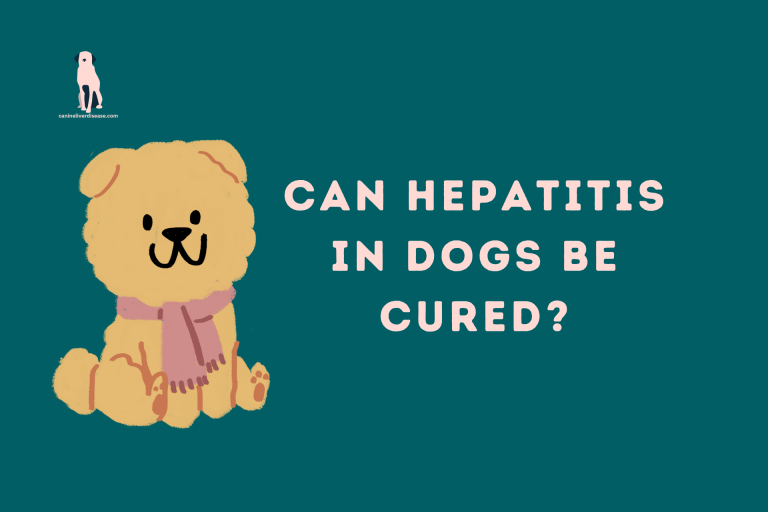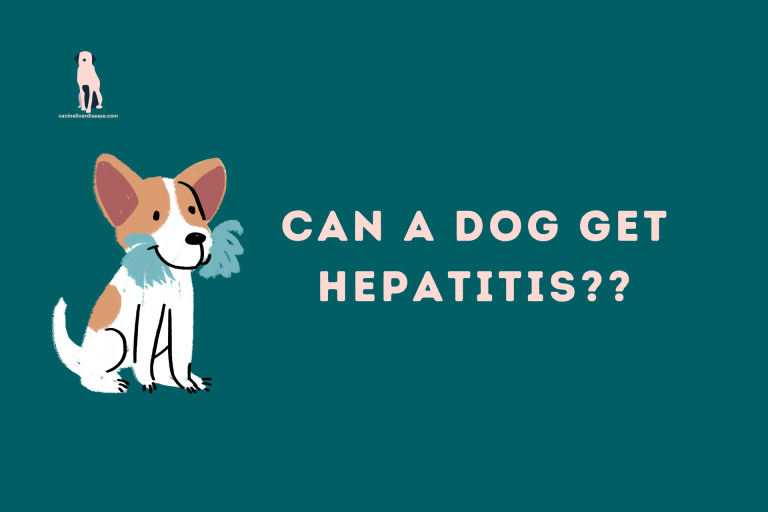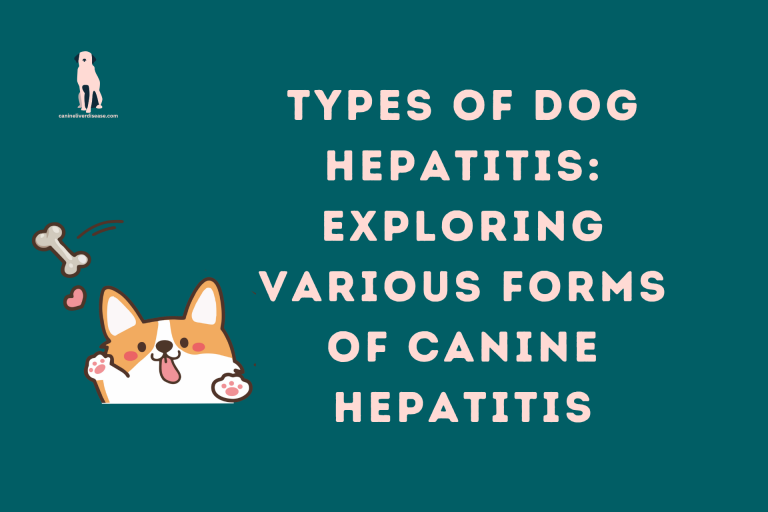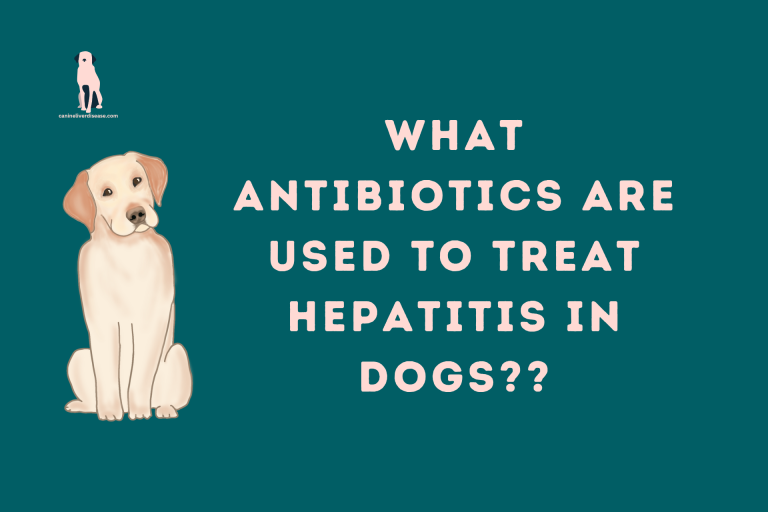How Does A Dog Get Hepatitis?
Hepatitis in dogs is a concerning health issue that can affect our beloved furry companions. Understanding how dogs contract hepatitis is crucial for their well-being.
This informative article will delve into the various aspects of canine hepatitis, from its causes to prevention measures.
Let’s explore this topic to ensure the health and safety of our canine friends.
What is Canine Hepatitis?
Canine hepatitis, often called infectious hepatitis, is a viral infection that primarily targets a dog’s liver. The canine adenovirus causes this disease, specifically type 1 (CAV-1). Understanding the transmission of this virus is essential in preventing its spread.
Transmission of Hepatitis in Dogs
Hepatitis in dogs spreads through various means, including:
1. Nasal Discharge
One of the primary modes of transmission is through the infected dog’s nasal discharge. When a healthy dog comes into contact with the discharge of an infected dog, there’s a risk of contracting the virus.
2. Saliva
Close interaction, such as sharing water bowls or engaging in aggressive behavior where saliva is exchanged, can lead to hepatitis transmission.
3. Feces or Urine
The virus can be present in an infected dog’s feces or urine. Dogs may get infected if they come into contact with contaminated surfaces or through sniffing.
4. The Role of Adenovirus in Hepatitis
Understanding the causative agent of hepatitis is vital. Canine adenovirus type 1 (CAV-1) is responsible for infectious hepatitis in dogs. This virus primarily targets the liver, causing inflammation and compromising the organ’s function.
The Impact on Liver Health
Hepatitis can severely impact a dog’s liver. The virus attacks liver cells, leading to inflammation and damage. This can result in symptoms such as jaundice, abdominal pain, and a decreased appetite. If left untreated, it can lead to more serious complications.
Canine Hepatitis Vaccine
Prevention is the key to protecting your dog from hepatitis. Fortunately, a vaccine can provide immunity against CAV-1 and help prevent hepatitis in dogs.
The Importance of Dog Vaccination
Vaccination is a crucial step in ensuring your dog’s well-being. The dog vaccine for hepatitis contains inactivated CAV-1, which stimulates the immune system to produce antibodies against the virus. Regular vaccination is essential to maintain immunity.
Hepatitis vs. Rabies
It’s important to differentiate between hepatitis and rabies, as both viral diseases can affect dogs.
Hepatitis vs. Rabies – Understanding the Differences
- Hepatitis primarily targets the liver, while rabies affects the nervous system.
- Hepatitis transmission occurs through contact with bodily fluids, while rabies is typically transmitted through bite wounds.
- Both diseases can be prevented through vaccination, but the vaccines are different.
Other Forms of Hepatitis
Apart from infectious hepatitis (CAV-1), other forms of viral hepatitis can affect dogs.
Viral Hepatitis Variants
- Canine adenovirus type 2 (CAV-2) causes a different form of hepatitis and is associated with kennel cough.
- Understanding the specific type of hepatitis affecting your dog is crucial for proper treatment.
FAQs
How can I tell if my dog has hepatitis?
Symptoms include lethargy, jaundice, vomiting, and abdominal pain. Consult your veterinarian if you suspect your dog may have hepatitis.
Is there a cure for canine hepatitis?
There is no specific cure, but supportive care can help manage symptoms. Prevention through vaccination is the best approach.
Can humans get hepatitis from dogs?
No, hepatitis in dogs is not transmissible to humans. It is a species-specific virus.
How often should I vaccinate my dog against hepatitis?
Consult your veterinarian for a vaccination schedule, but typically, puppies receive multiple doses, followed by booster shots.
Conclusion
In conclusion, understanding how a dog can get hepatitis is essential for responsible pet ownership. Canine hepatitis is a serious viral infection that can affect the liver and overall health of your dog. Vaccination and proper hygiene practices are key to preventing this disease and ensuring the well-being of your beloved canine companion. Remember, a healthy dog is a happy dog.







